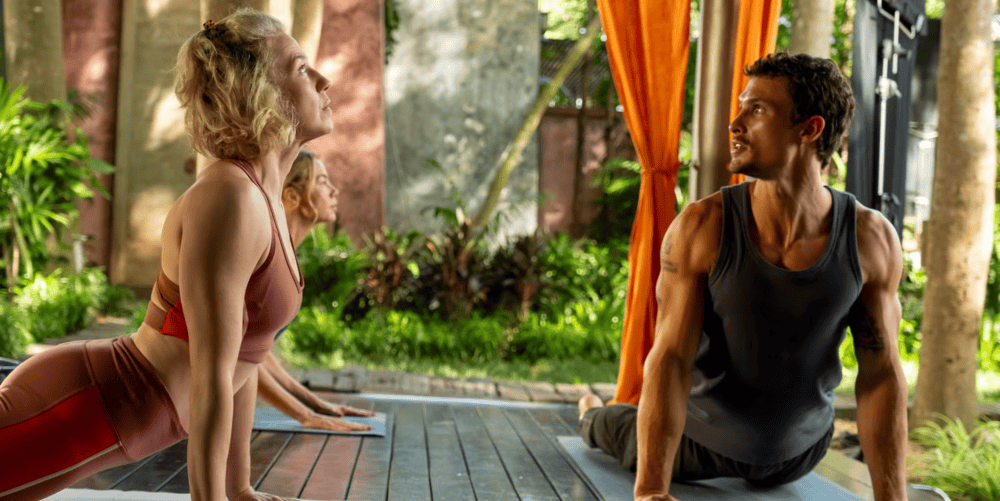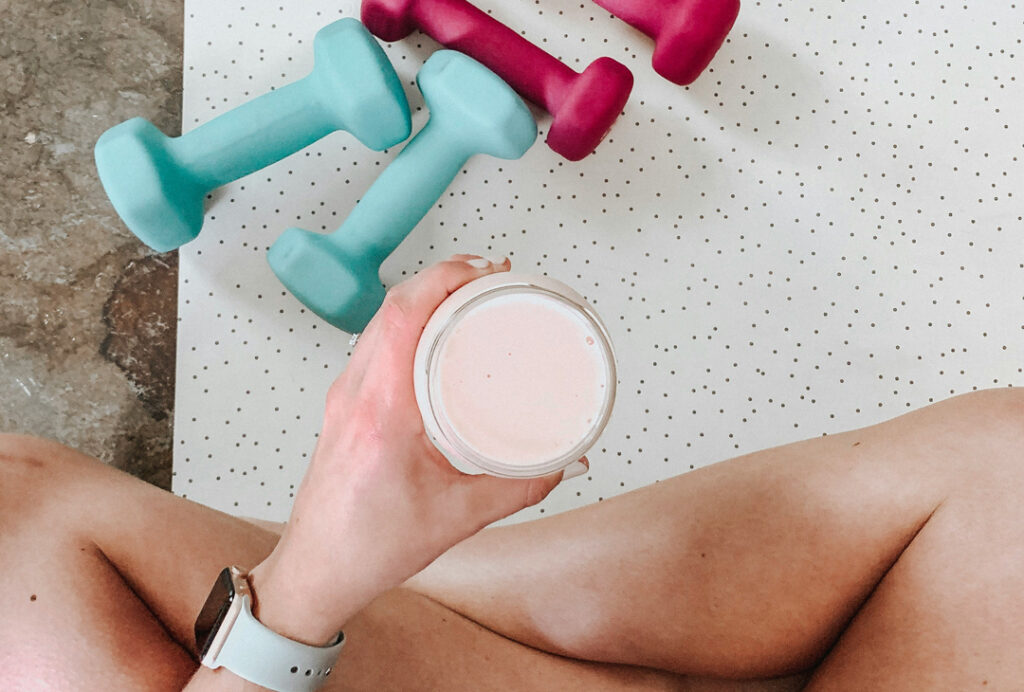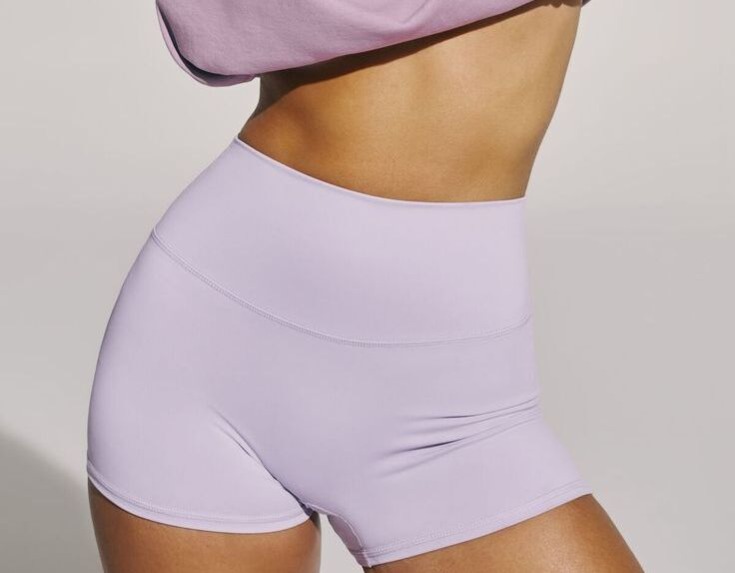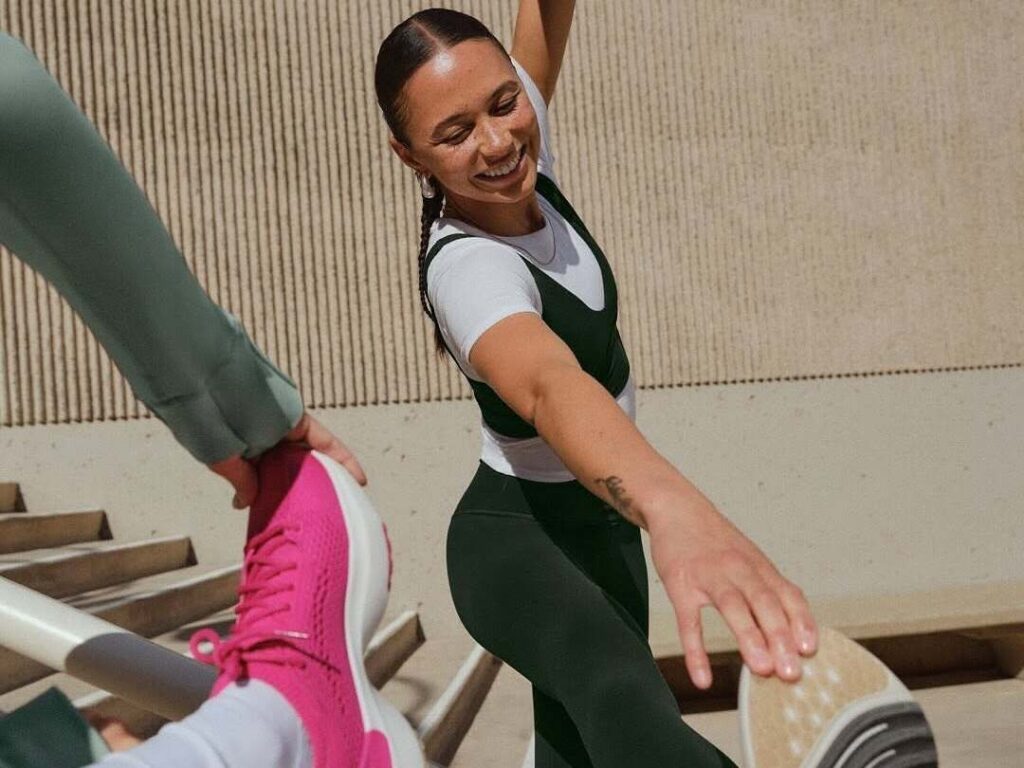Look, we know that COVID-19 can sometimes feel like an ex that doesn’t quite get the ‘don’t ever contact me again’ message. And now that most of the country has done away with masking and social distancing, it’s probably been a minute since you’ve thought about the virus that took up most of the last three years. After all, cases have dropped across the country this year, allowing you to focus more on things like hitting the beach vs. worrying about your infection risk.
BUT, like any virus, as COVID-19 continues to evolve, so must our vaccine response to make sure that our numbers stay down. Especially after reports that the number of COVID-19 cases in NSW has jumped over 20 per cent in the past fortnight, with health experts saying a rise in vaccinations may reflect concerns about another “COVID Christmas”.
So, to try help diminish the risk of a 2020 COVID Christmas all over again, Australians will have access to new vaccines that offer better protection from this December. These “monovalent” booster vaccines are expected to be a better match for currently circulating strains of SARS-CoV-2, the virus that causes COVID.
Here’s everything you need to know.
Who is eligible for the new boosters?
The federal government has accepted the Australian Technical Advisory Group (ATAGI) recommendation to use the new vaccines, after Australia’s regulator approved their use last month. However, vaccine eligibility has remained the same since September.
The ATAGI recommends:
– Australians aged over 75: Get vaccinated if it has been six months or more since your last dose.
– Australians aged 65 to 74: have a 2023 booster if they haven’t already had one.
– Australians aged 18 to 64 with underlying risk factors: thave a 2023 booster if you haven’t had one yet. If you’ve already had a 2023 booster, consider an additional dose.
– Australians aged 18 to 64 without underlying risk factors who have already received a 2023 booster: an additional dose isn’t recommended.
– Australians aged 18 to 64 and haven’t had a booster in 2023: consider an additional dose.
Additional doses aren’t recommended for children without underlying conditions that increase their risk of severe COVID. A primary course is not recommended for children aged six months to five years without additional risk factors.
What’s the difference between monovalent and bivalent vaccines?
The initial COVID vaccines were “monovalent”. They had one target – the original viral strain.
But as the virus mutated, we assigned new letters of the Greek alphabet to each variant, according to The Conversation. This brings us to Omicron. With this significant change, we saw “immune evasion”. The virus had changed so much the original vaccines didn’t provide sufficient immunity.
So vaccines were updated to target an early Omicron subvariant, BA.1, plus the original ancestral strain. With two targets, these were the first of the “bivalent” vaccines, which were approved in Australia in 2022.
The vaccines were updated again in early 2023. These newer bivalent vaccines target two strains – the ancestral strain plus the subvariants BA.4 and BA.5.
Do these newer vaccines work?
The available evidence, which comes from the results of research Pfizer and Moderna submitted to the TGA, shows the updated vaccines produce good levels of antibodies in laboratory studies, in humans and mice when compared to previous vaccines and when looking at multiple emerging variants, including EG.5 (the variant is the causing high numbers of cases around the world currently, including in Australia).
So, which vaccine is for me?
Pfizer’s monovalent vaccine will be available to eligible people aged five years and older. The Moderna monovalent vaccine can be used for those aged 12 years and older Australians.
We also need to acknowledge that vaccination should form part of a comprehensive strategy to limit the impact of COVID from now on. That includes measures such as mask wearing, social distancing, focusing on ventilation and air quality, and to a lesser degree hand hygiene. Rapidly accessing antivirals if eligible is also still important, as is keeping away from others if you are infected.










